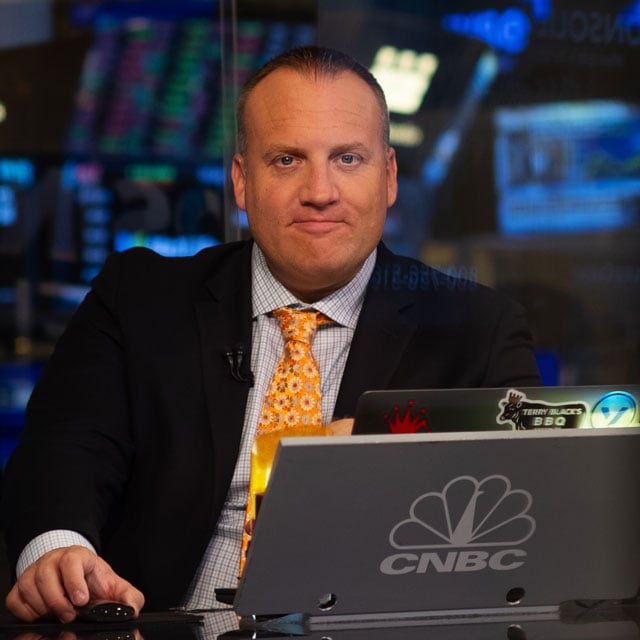The Unavoidable Truth About Retirement Investing: Josh Brown

At its heart, investing for retirement comes down to a simple truth, according to Josh Brown, CEO of Ritholtz Wealth Management.
“Take your risk today, or take it later. But one way or the other, risk is the main thing. … There’s no such thing as riskless rewards,” Brown maintains in an interview with ThinkAdvisor.
Brown, 47, who started out at 19 cold-calling in a boiler room and co-founded RWM in 2013, offers assorted strong opinions and one “secret weapon,” as he calls it, that he employs to cope with market corrections.
His new book is “You Weren’t Supposed to See That,” which pairs many of the most popular posts from The Reformed Broker, the blog he published for 15 years, with updated insights about finance and investing.
In the interview, Brown opines on the future of active management and picks apart “the biggest disconnect” found in discussions about the economy.
Here are highlights of our conversation:
THINKADVISOR: “The more you try to suppress risk, the more you are sacrificing potential growth,” you write. Sounds logical. Please elaborate.
JOSH BROWN: A lot of people are using hedging strategies, but their portfolios are stagnating — there’s such a thing as too little risk. You must accept risk now in order to eliminate risk down the road.
Anything you do to mitigate risk now is going to impact later because it will limit your returns. There’s no such thing as riskless rewards.
People say they’re “fully hedged.” If you’re fully hedged, you’re probably giving up all your upside. You can’t fully protect your downside without sacrificing upside.
Many financial advisors “sell people on the idea that they can skip over all the volatility and still get the upside,” you write. How’s that?
The industry wants to create this holy grail idea that there’s some way around the truth, but I don’t think it works out well in the long run.
It’s very easy to convince somebody to give you their money if you convince them you’re going to produce market returns or better and take much less risk in the process.
The problem is, I don’t think that’s possible.
Advisors, in the name of expedience, will say whatever they have to say to close a sale. But they’re disappointing investors when it turns out that what they said is not possible.
What would be a holy grail play?
You can put on a show with alternatives and hedging strategies and options and noncorrelated strategies and give people the impression that what you’re about to do is to find the holy grail.
But that’s not what happens.
A better approach is to say, “Here’s the reality: You have these many years to live. You have these many years you’ll be working. You [should] have higher equity risk now because you’re in a position to bear it.
“But what comes along with that are occasional downturns in the market, and you’ll be forced to live with them.”
That’s the push and pull.
Should a retirement portfolio have a 60/40 allocation?
60/40 makes more sense today than it did three years ago. But not every client should have that.
We do a lot of work for people in their 30s through 50s. They potentially have about 50 more years to live. So they’re able to take more risk and have higher equity exposure. They can continue to accumulate assets [because] they can [survive] the ups and downs.
You have a choice: Take your risk today, or take it later. But one way or the other, risk is the main thing. In our view, volatility is the risk worth bearing, much more so than running out of money later.
You’ve written about financial advisors who “make you sick” because they tell folks, on the golf course, say: “Sure we can beat the market.” So those relationships “start off with a lie,” you say. Is this still going on?




